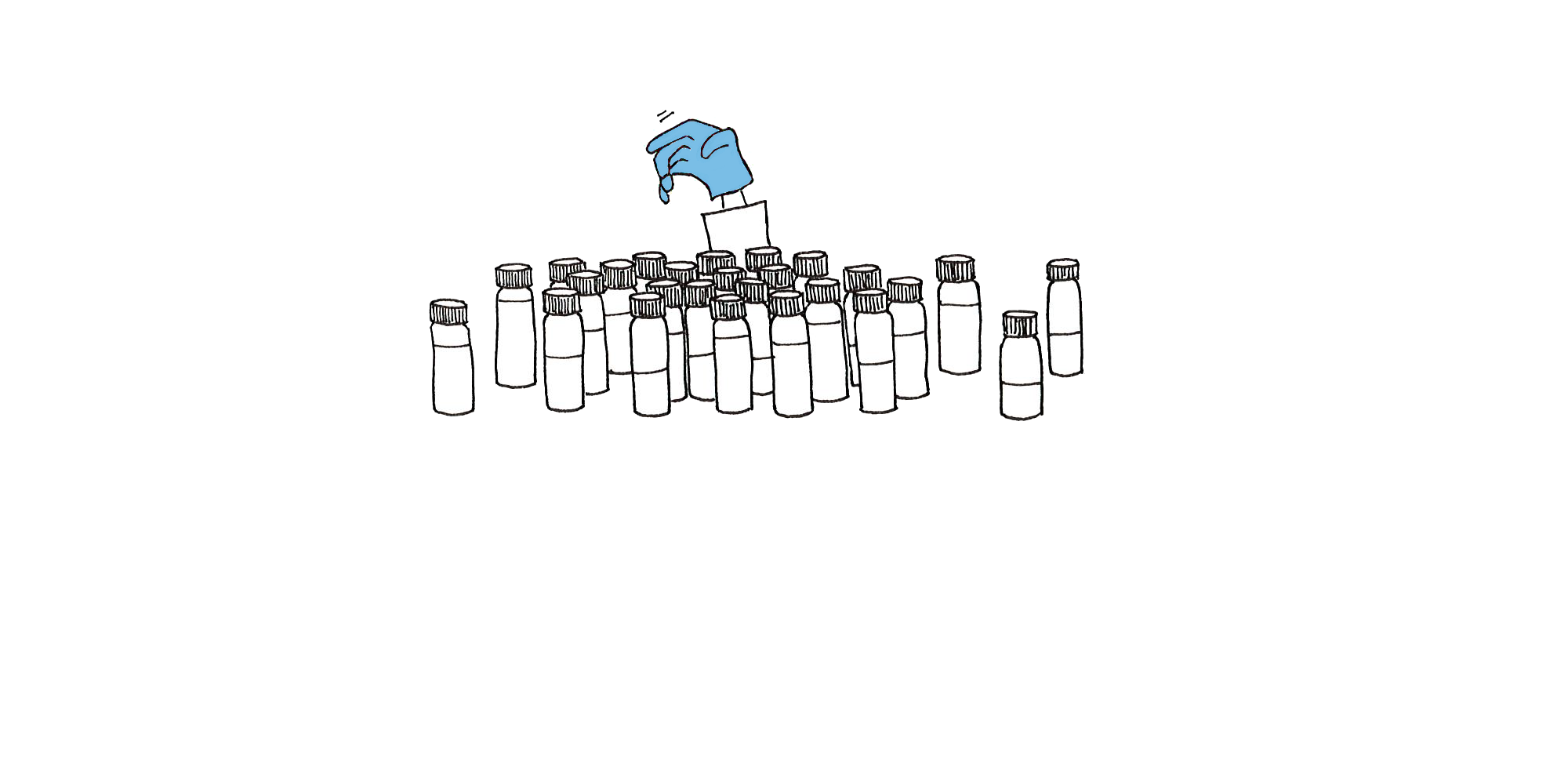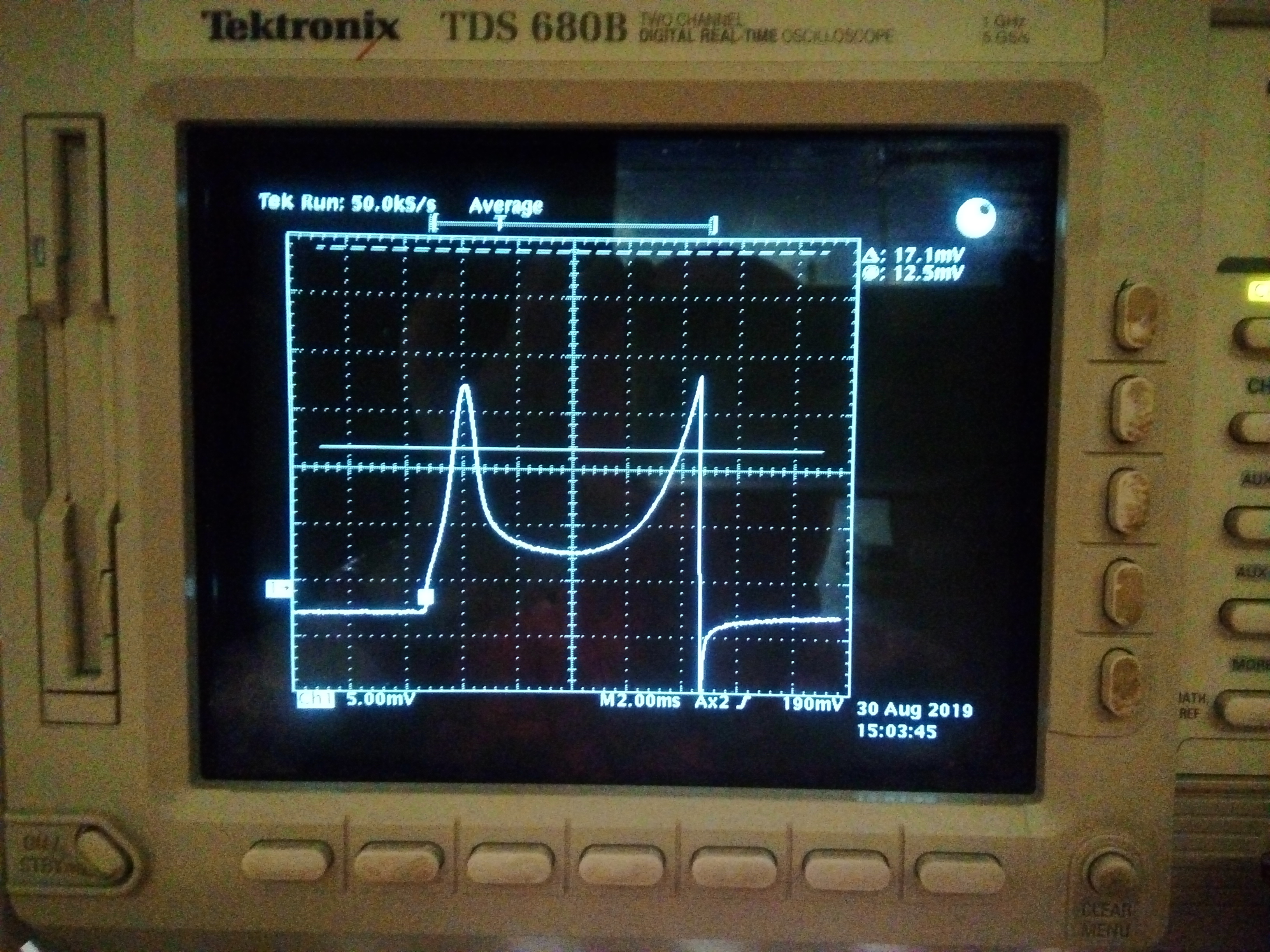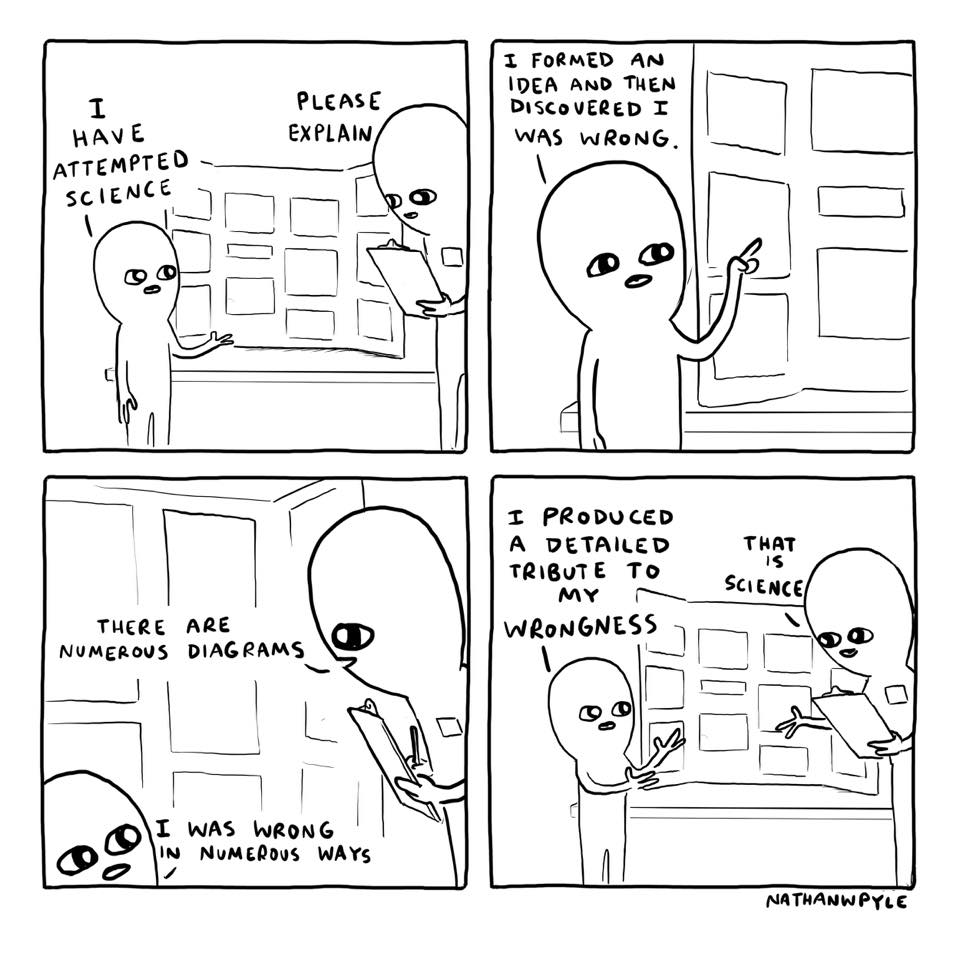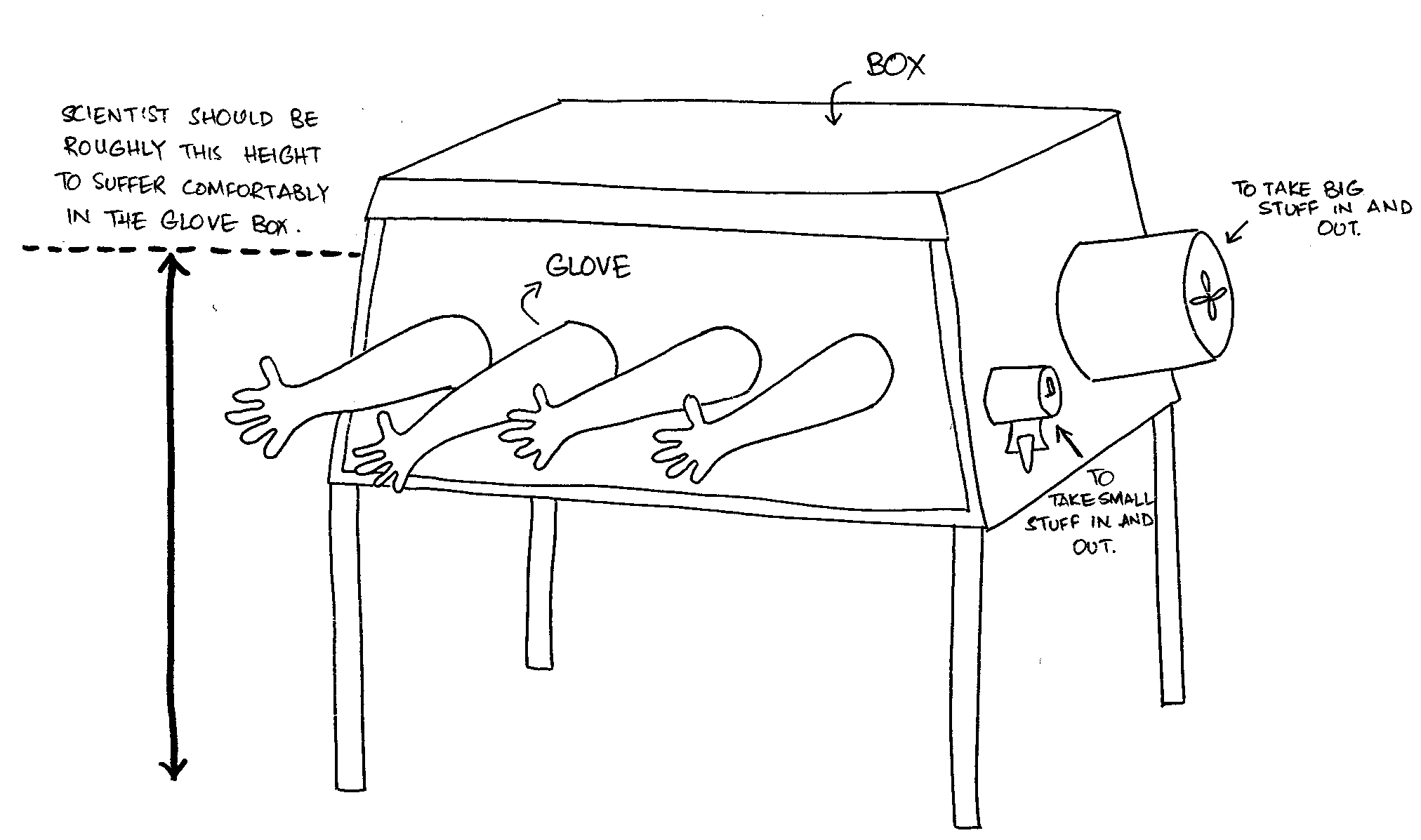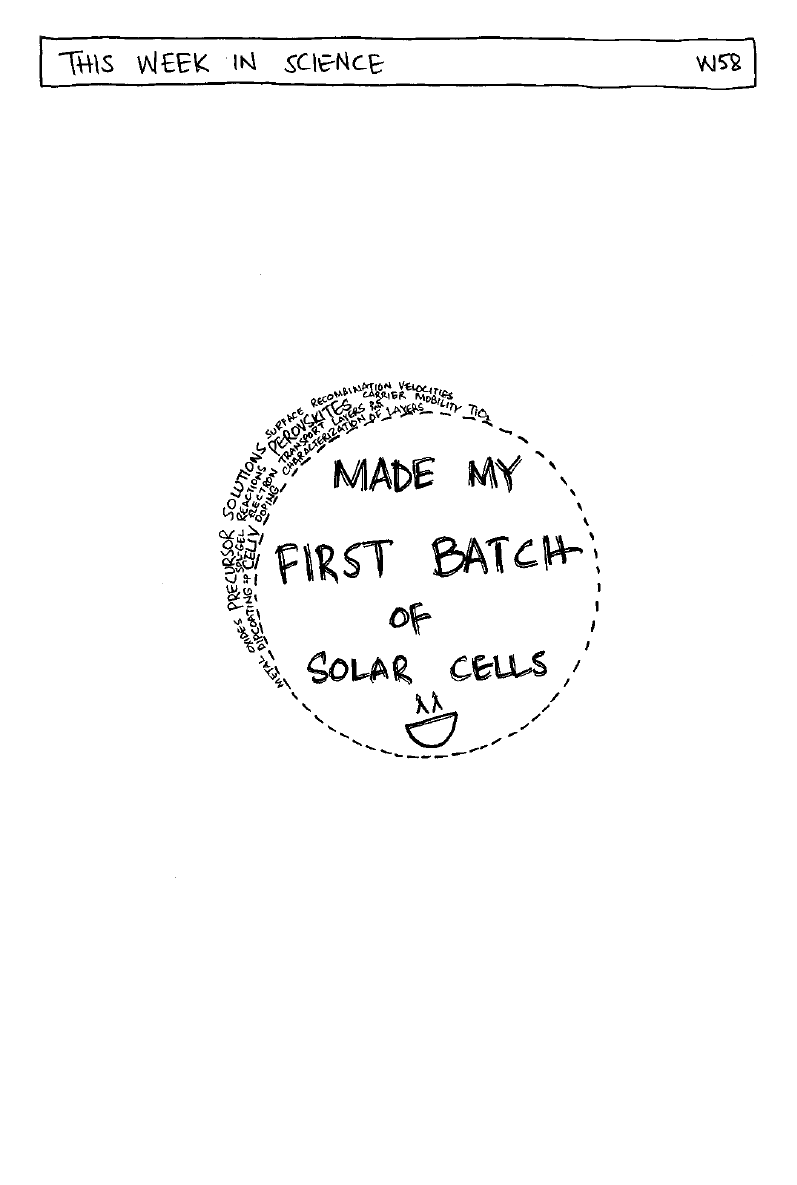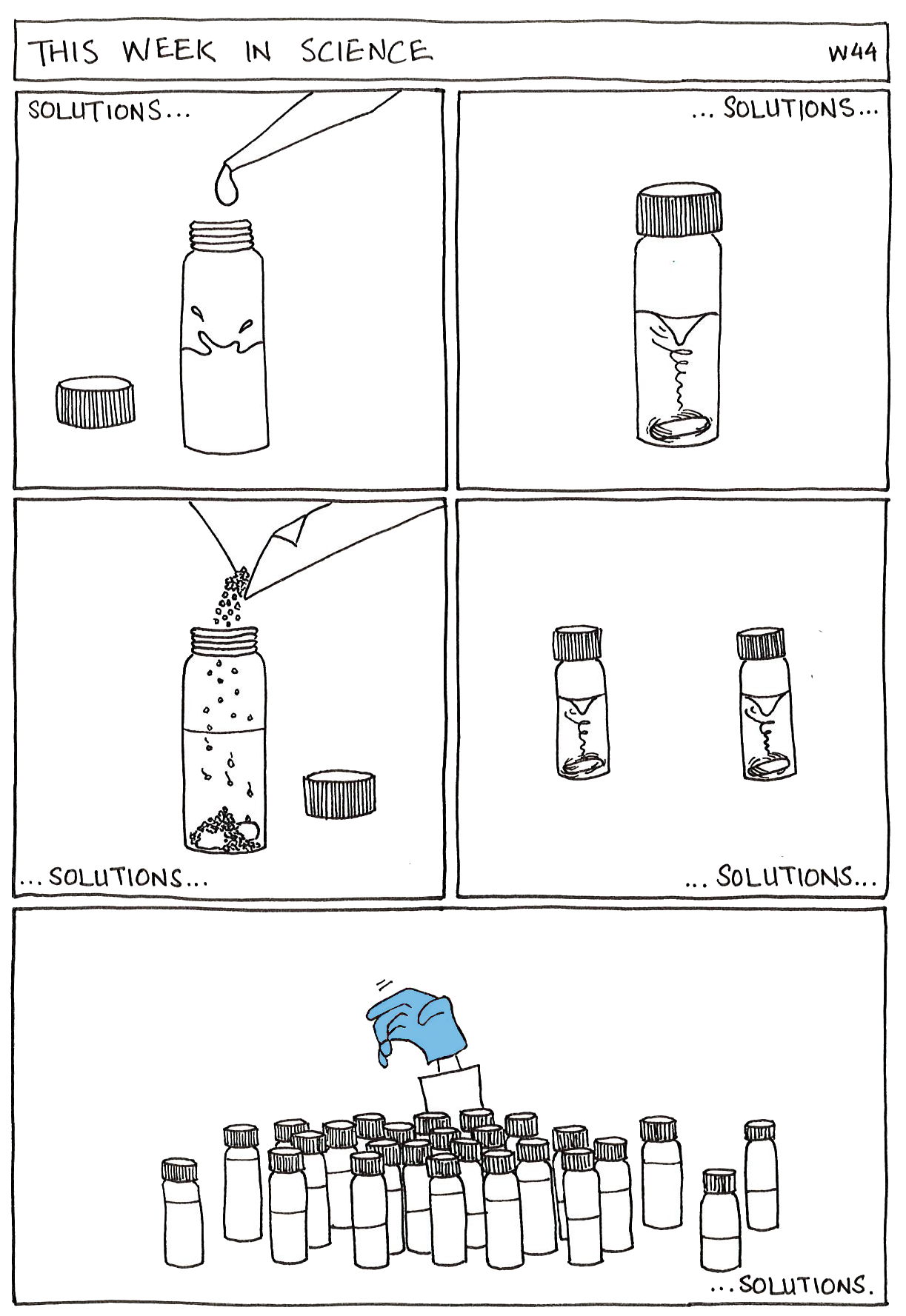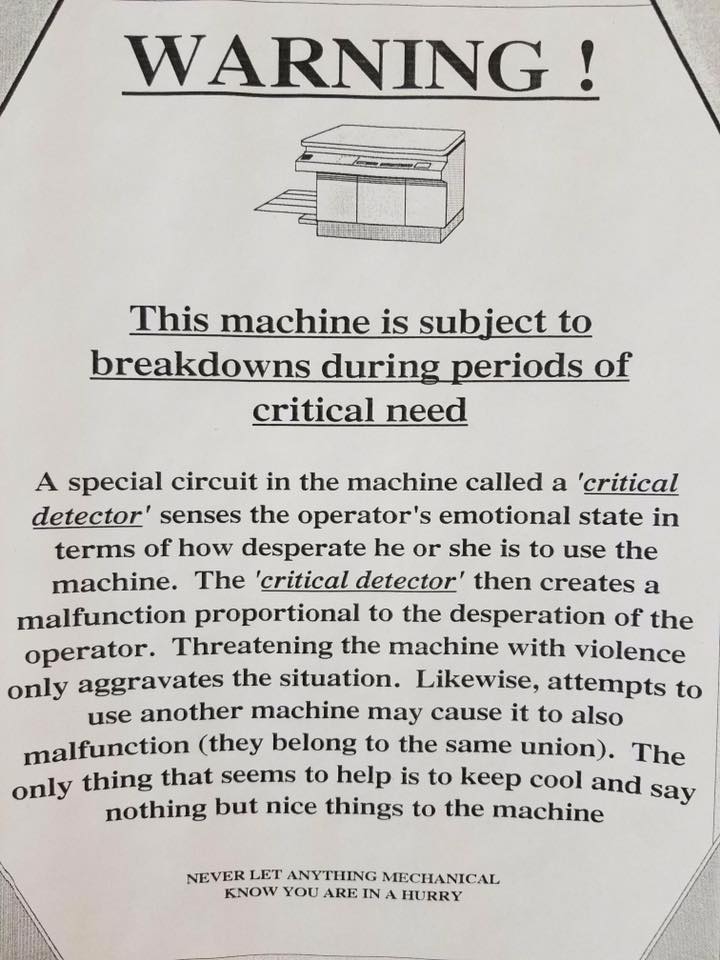Friday is not just the name of a day of the week, it is the name of a feeling. And sometimes, the whole universe feels this feeling with you (as evidenced by nothing going right and equipment often not working on a very particular day of the week).
This week, every day had been feeling like a Friday for some strange reason, and then I realized that this week really was the “Friday” of the year.
No wonder I have been running high on introspection – typical “Friday” mood. Not to mention, this “Friday” also marks the official mid-point of my PhD, which means that the time is ideally situated to look back on how far I have come and how to best manage the rest half.
So, upon the (partially) successful survival of my two years in Finland and in my PhD, I sat down to count my little successes along the way, which took me perhaps five minutes, not much there. I’m also pretty sure that I’m still navigating the unpredictable waters of culture shock and adjustment, but now I find myself on stable ground more often than not (I would probably put together my final thoughts on the subject, which are still worth about three to four blog posts).
But there is light in the middle of this tunnel. Lately, I have finally been seeing some shape and form from my last two years of optimizations. Or that’s what I would like to believe (the human brain is really good at erasing information that causes it discomfort, so maybe I’m living in my little, custom-made, fantasy bubble).
Today, I did a little exercise. I made boxes for each week I was getting in the next two years (inspired in part by a part of this brilliant and funny TED Talk). Before this, I didn’t know how uncomfortable a task as simple as drawing and counting boxes, can be.
As of 29 December 2019, I have 105 boxes. Don’t look like all that much.
Really put things in perspective for me.
